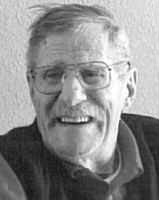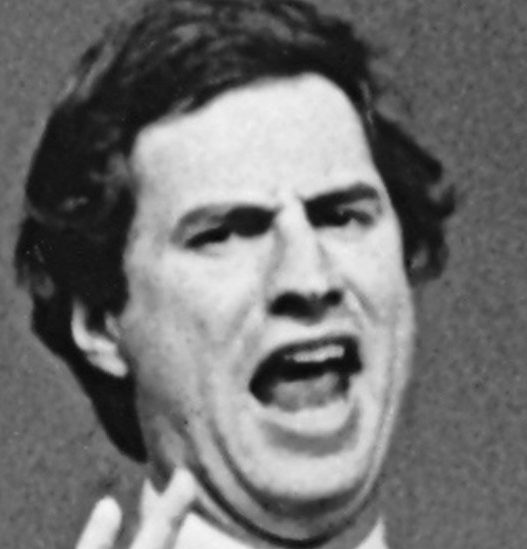
10/10/21: Fathers and Sons #poetry
Above is a photo of my late father. I should use it as a headshot.
Note: I write these pieces with a vague objective in the back of my mind that they could “work” independently, and that they are also segments of a long, and may I say immodestly, epic, piece. But these dual objectives elude me more and more and more. This piece refers to recent pieces that I have written about the movies “Magnolia” and “The Last Hurrah”. I can’t reframe here everything that I have already written about those topics. I’ll leave it you, reader, to determine if you get the meaning of this piece just by reading it in context, or want to fill in material from related observations in the previous work.
Below is an excerpt from my correspondence with my great friend …
More later … amazed at similarities… poetic sons of jock fathers … and one of my earliest memories is Dad yelling at me for crying when I got soap in my eyes at bath time.
Fath … such an Irish name of affection.
Your students are so fortunate to have you.
“I love. I’m sorry. Forgive me. Thank you.” Quite a mantra.
Whatever works!
Jason Robards in “Magnolia” … “Regret is good. Use your regret.” He was so sorry that he cheated on his wife to “prove he was a man “ and abandoned his son while his wife died alone. His angry son, Tom Cruise forgives him and weeps at his deathbed.
The good thief.
The bad thief was played by Phillip Baker Hall. He couldn’t admit that he molested his daughter … and his wife, Melinda Dillon, leaves him because he can’t say it. He dies alone.
I wonder why Ford didn’t explore Spencer Tracy’s role in raising an unserious skirt chasing fool of a son in “The Last Hurrah”. He frames it that the son wronged the father, but did the father wrong the son?
Tracy plays regret for how his son turned out. It is less clear if he felt responsibility.
Today the screenplay would have a scene where Tracy acknowledges that he was focused on his political career and was an absent father, and that he never taught his son how to be a man.
But responsibility also falls on the son. All men learn how to be men through their relationships with their fathers. Dead fathers, absent fathers, good fathers, abusive fathers, permissive fathers, autocratic fathers, cheerleading fathers, harshly critical fathers … all men have to process their relationships with their fathers … deciding what they liked about Da, and rejecting what they didn’t.
At a certain point one becomes the father … the son and the father are one.
Ron Reagan, for example is so much like his father, with major revisions. The existentials are the same. The politics polar opposite. His father, the son of an alcoholic father, lived a life of denial so Ron wouldn’t have to …
Ron speaks of his father with detachment and affection … just like his father addressed everything.
All my gifts and problems are also my father’s, and when I forgive him and give him gratitude, I forgive, and give gratitude to myself.
So much of my writing is about working to a loving acceptance of my father, my self, and in so doing redeeming my view of, and participation in, the world.
Copyright 2021 Richard Thomas
